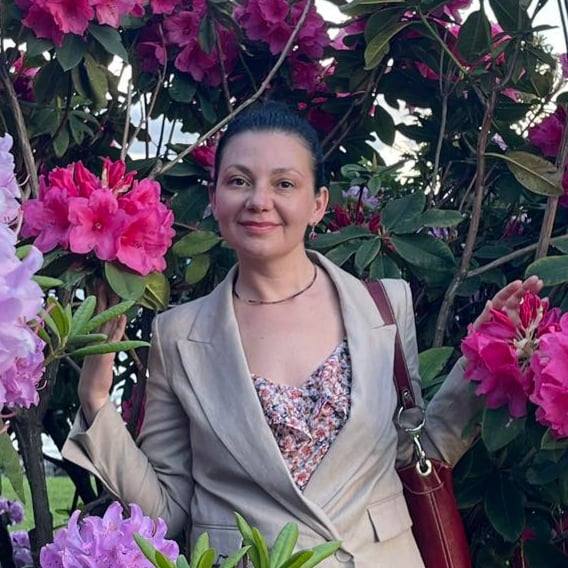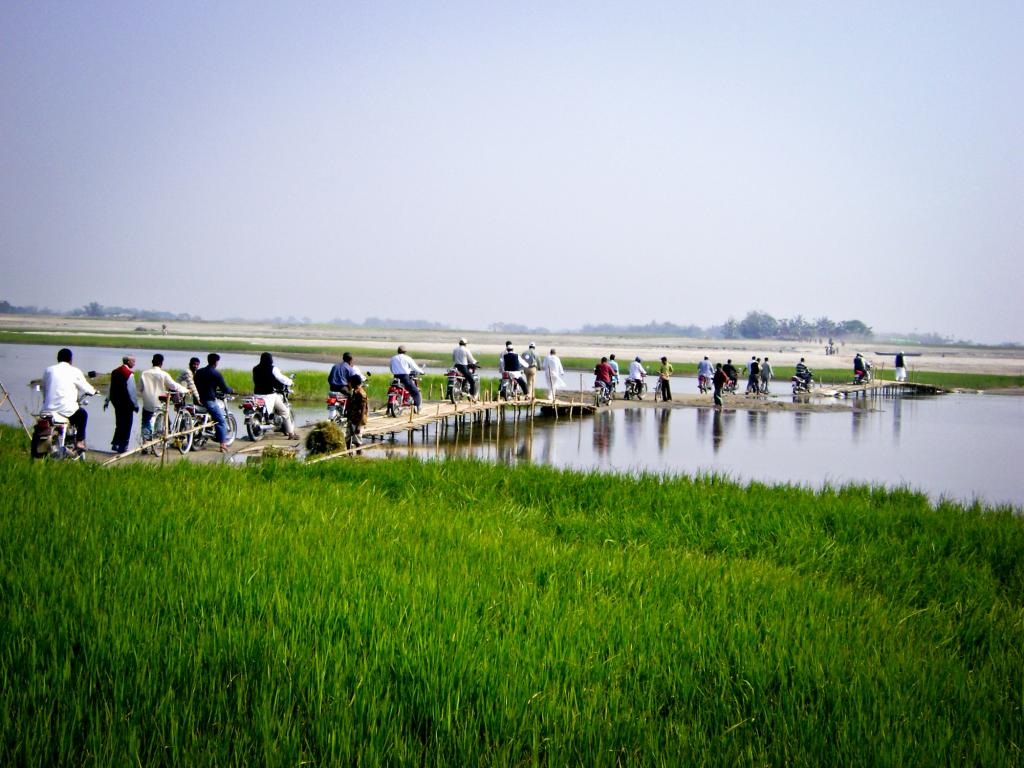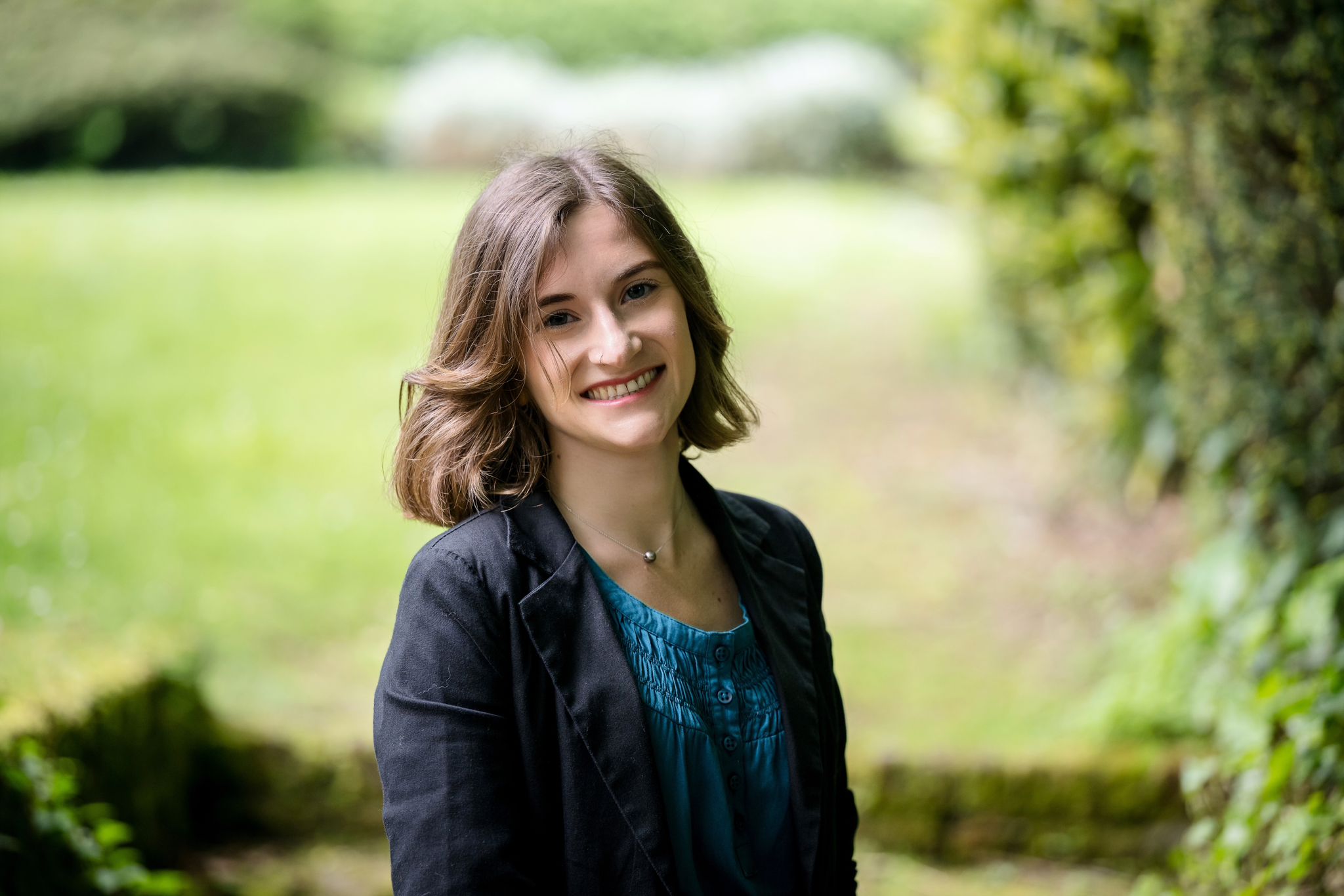
Irina Bondarevska, PhD, Associate Professor in Social Psychology and Psychology of Management, associated researcher in NCCR – on the move leading and coordinating project “Attitudes towards migration and society in Ukraine”. Founder and Head of the Board in NGO “Center for Personal and Social Transformations” (Kyiv, Ukraine) which is an institutional member of Children’s Identity and Citizenship European Association. Founder and coordinator of annual conference and seminar “Political and economic self-constitution” (2013 – 2024) co-organized by partners in 15 countries as well as editor of the proceedings. Member of the Board of the 29th Research Committee on Political Psychology in International Political Science Association.
What is the topic of your research project?
My individual research line in wider project which I lead is focused on implementing my author’s model of citizenship identity (2016, 2022) in the context of internal and external displacement of Ukrainians due to the war. Empirical data was collected in Alfred Nobel University and O. Honchar Dnipro National University in Dnipro, city controlled by Ukrainian government, in March – April 2024. Sample constitutes around 500 students of Law, Economics and Psychology departments at these universities. Empirical results are to be implicated in Ukrainian system of education in social psychology curricular and in citizenship education / democracy education. Connections between democracy related attitudes and particular values (Schwartz, 2012) will be determined empirically showing which values are to be considered as citizenship related. Similarly, connections between particular values and solidarity behavior towards internally displaced people will be determined. Among other predictors of democracy related attitudes are contacts with externally displaced Ukrainians, based on contact theory (Visintin et al. 2019), religiosity (Huber & Huber, 2012), national identity (Postmes et al. 2013; Leach et al. 2008) and institutional trust.
Why did you choose to come to the Global Migration Center?
I am looking forward to acquire general understanding of legal regulations implemented to global migration and internal displacement. It will give me possibility to put analysis of empirical data collected according to methodology of social psychology in the context of legal regulations and migration policy.



